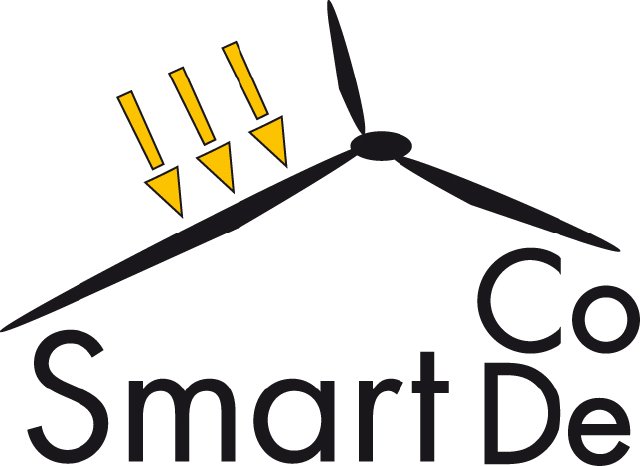- The implementation of intelligent energy management methods that enable automatic matching of energy consumption with the available energy supply by reducing energy consumption or switching it between different supplies, both small- and large-scale.
- The development of highly sophisticated renewable energy forecasting methods, for small-scale generation.
"In addition to the project partner presentations – please see https://www.fp7-smartcode.eu/... for the full agenda – the SmartCoDe coordinator, edacentrum’s Peter Neumann, is happy to announce that invited papers will be presented by:"
- Prof. Dr. Hermanns of the University of Saarland: Energy Forecasting
- Dr. Djokic of the University of Edinburgh: Energy Management
- Prof. Dr. Boggasch from the Ostfalia Hochschule for Applied Sciences: Energy Storage
Renewable Energy Imperatives
Events in the year since the last SmartCoDe Expert Cooperation Workshop on Energy Efficiency have further emphasized the urgent need to replace traditional energy with renewable energy. However, the issue is not a purely fossil fuel problem. Certainly, carbon dioxide emissions from fossil fuel power plants remain one of the major problems. But the catastrophic Fukushima incident is a reminder that carbon dioxide is not the only concern – we must prepare for the replacement of nuclear energy. If decisions to eventually discontinue nuclear energy generation are not to lead to even greater consumption of fossil fuels, we must dramatically accelerate our development and deployment of renewable energy sources. Failure is not an option.
The shift to renewable energy sources presents us with two fundamental imperatives:
- We must take measures to manage the volatility and unpredictability inherent to almost all major renewable energy sources.
- We must match our future energy consumption to the available supply of (renewable) energy, and not vice versa as it is today.
In addition, we must enable intelligent (“smart”) energy nets that allow distributed energy generation and storage, and we must devise efficient energy storage methods, such as pump storage, power-to-gas, batteries, and so on.
SmartCoDe Tackles the Imperatives
The SmartCoDE project focuses on the two imperatives. So what is the status of the project? Much work has been done already – and is ongoing. For instance, the team has completed a board-level prototype of the SmartCoDe chip. The chip will enable communications and control between energy-using products (EuPs), for example, domestic appliances, and an energy management unit (EMU), enabling the latter to control the EuPs according to predefined requirements. Also, an initial version of the EMU software has already been developed.
Further, the SmartCoDe team has established the project’s demonstrator in a building in Austria (please see https://www.fp7-smartcode.eu). It has been equipped with a fully-functional EMU that runs the initial version of the new software, additional research equipment from Bosch-Siemens GmbH, one of SmartCoDe’s associated partner (https://www.fp7-smartcode.eu/...), a small-scale wind turbine to provide local energy generation, and a board-level prototype of the chip.
This workshop delves into the details – and audience participation is welcome!

